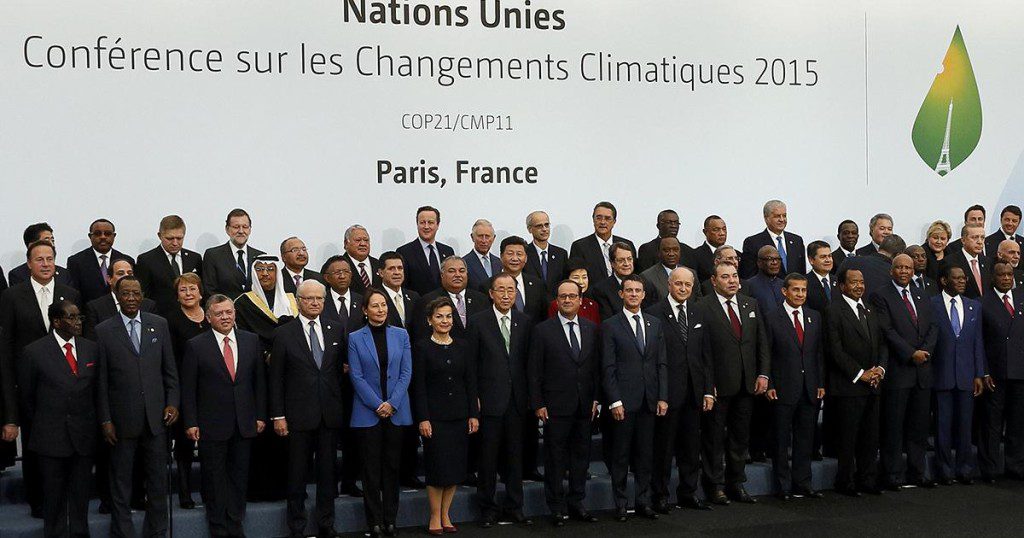On November 30, U.S. Congressional Progressive Caucus introduced a House Resolution calling for near-zero greenhouse gas emissions by 2050, generating 50% of the country’s electricity from renewable sources by 2030 and transitioning to 100% renewable energy by 2050.

The impact of such shocks has compelled representatives from over 190 countries to convene at the 21st annual meeting of the Parties of Conferences (COP21) to reach a binding global climate agreement.

The Resolution expresses the sense of the House of Representatives that the U.S. should support policies that strive for ambitious targets for emissions reduction, clean energy development, green job creation, sustainable development, which in turn will collectively promote national economic competitiveness and national security and avoid adverse impacts of the changing climate.
As a path to reach the 2050 near-zero greenhouse gas emissions target, the House Resolution will support the nation’s energy supply strategy shifting from fossil fuel to 100 percent clean and renewable energy. 100% renewable energy may seem ambitious and distant for some, but a growing network of forward-thinking cities have already led the way and demonstrated that it’s feasible. In fact, cities like Aspen, Colorado and Burlington, Vermont are already running on 100 percent renewable energy.
The Resolution also calls for policies that enhance the U.S. climate collaboration with international organizations and nations to significantly reduce greenhouse gas emissions to prevent catastrophic impacts from global climate change.
